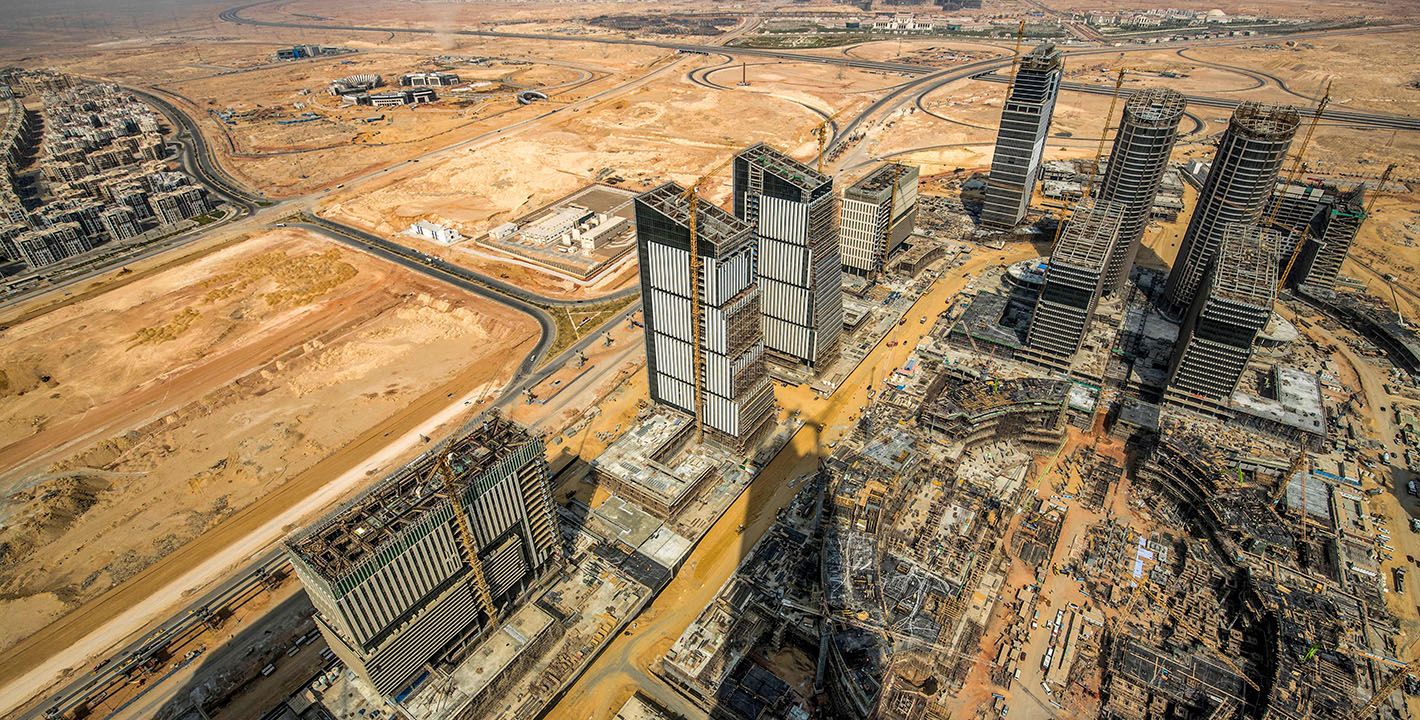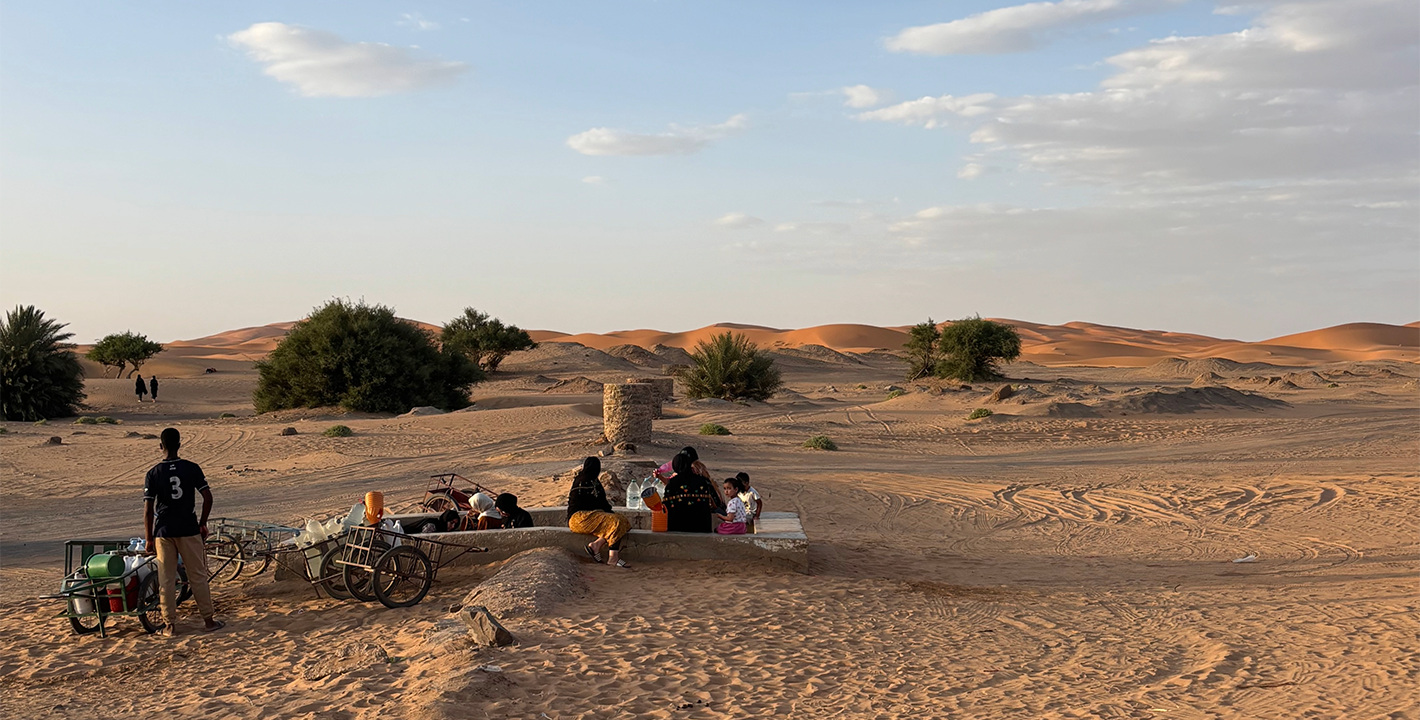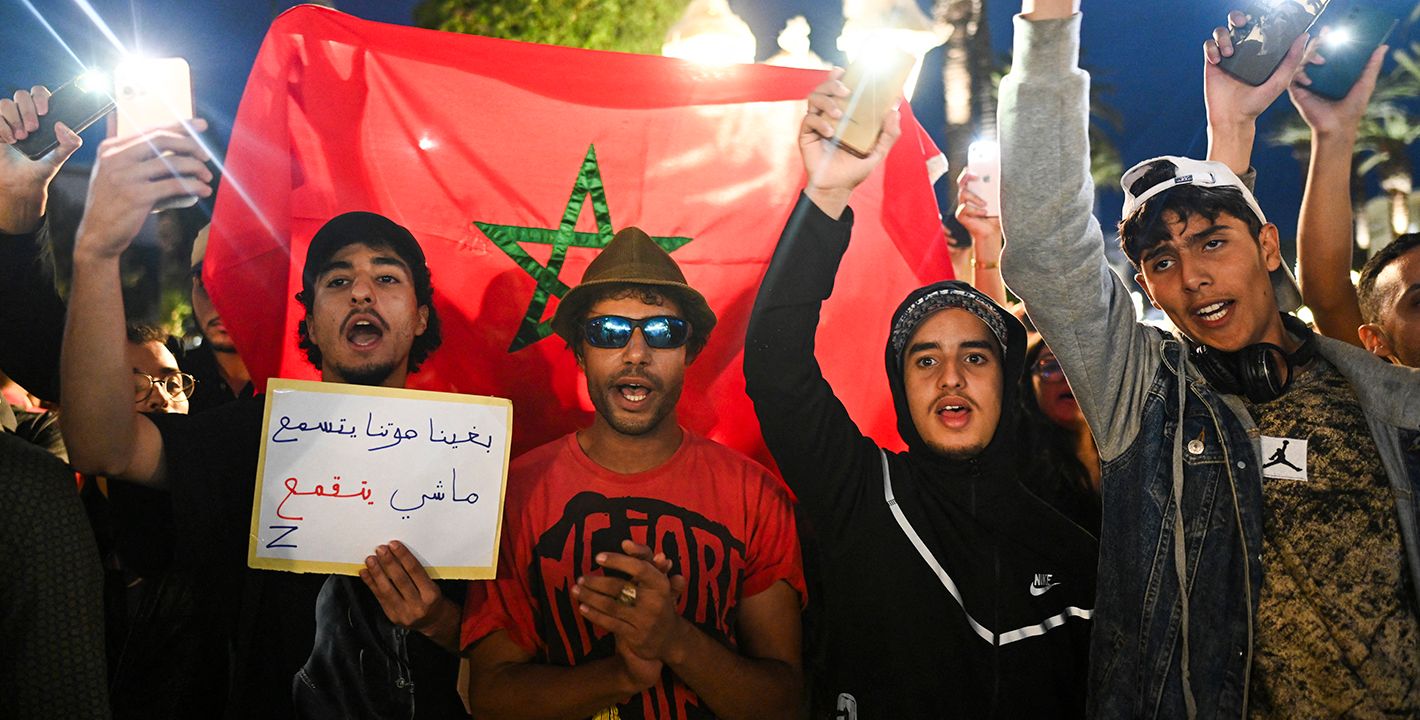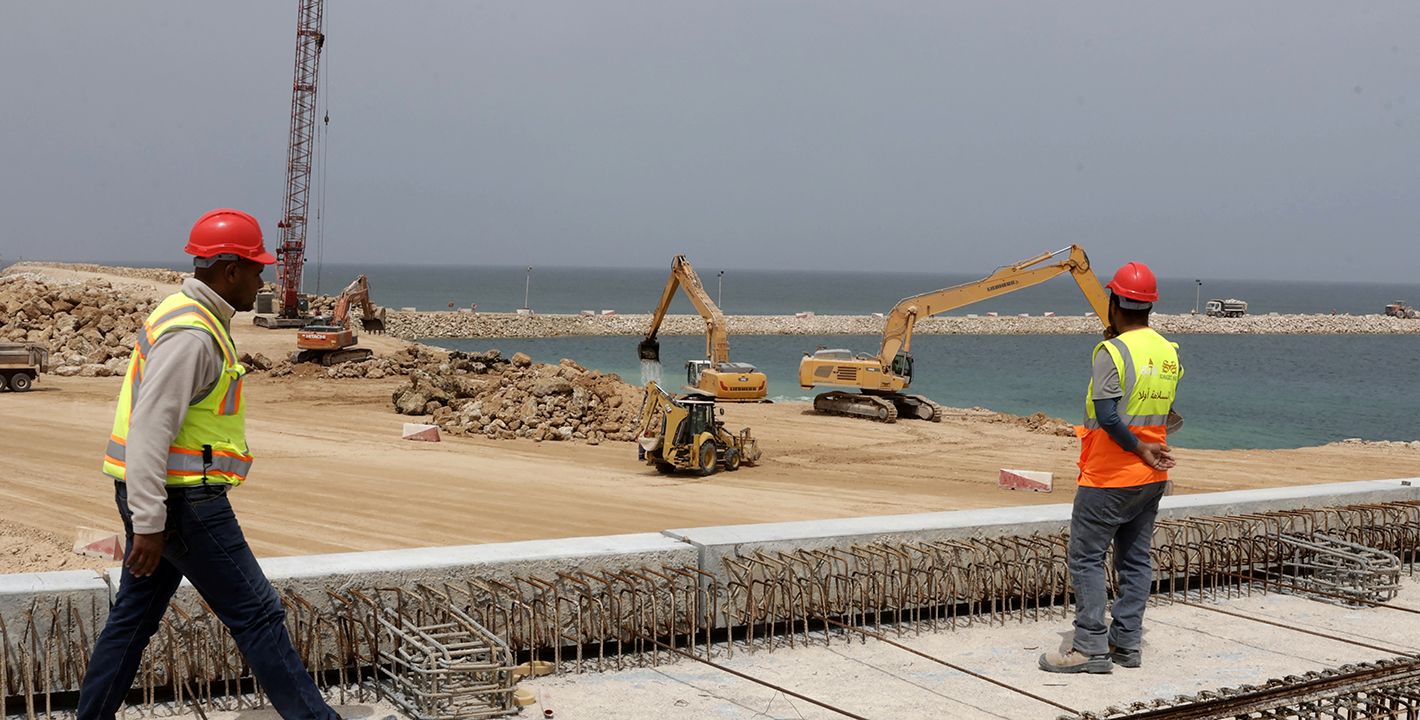Marc Lynch
{
"authors": [
"Marc Lynch"
],
"type": "commentary",
"blog": "Diwan",
"centerAffiliationAll": "dc",
"centers": [
"Carnegie Endowment for International Peace",
"Malcolm H. Kerr Carnegie Middle East Center"
],
"collections": [],
"englishNewsletterAll": "menaTransitions",
"nonEnglishNewsletterAll": "",
"primaryCenter": "Carnegie Endowment for International Peace",
"programAffiliation": "MEP",
"programs": [
"Middle East"
],
"projects": [
"Tunisia Monitor"
],
"regions": [
"North Africa",
"Tunisia",
"Maghreb"
],
"topics": [
"Political Reform"
]
}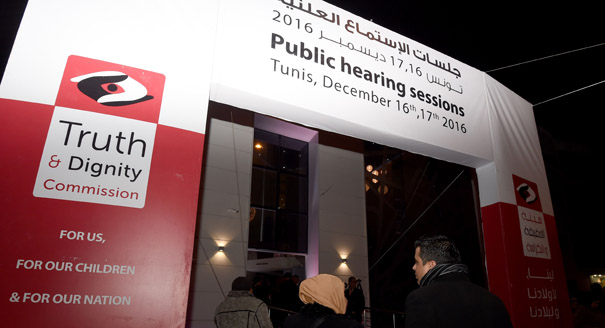
Source: Getty
The First Casualty
Tunisia’s Truth and Dignity Commission is facing a host of problems, including internal disputes and public apathy.
On March 24, Tunisia’s parliament is scheduled to hold a controversial vote over whether to extend the work of the Truth and Dignity Commission until the end of 2018. The legality of the vote and its outcome remain uncertain.
Whatever happens, the controversy over the extension of the commission’s work is revealing about the broader loss of a transitional justice moment. Wracked by internal contestation and shaken by fierce public attacks, the Truth and Dignity Commission may have already foregone its opportunity to bring about justice for the victims of repression under the regime of former president Zine al-Abidine ben Ali.
I had not expected my visit to Tunis last week to be shaped by such a crisis. For the last year and a half I have been researching the Truth and Dignity Commission as part of a larger book about the challenges of post-conflict reconstruction after the Arab uprisings. The commission had a number of highly significant accomplishments, including the collection of more than 60,000 testimonies of abuse and the holding of a number of galvanizing televised public hearings. I had been anticipating discussions about the first cases being sent to the specialized chambers, the aftermath of the lively opposition to the Administrative Reconciliation Law, and the possible shape and contents of the commission’s final report. Instead, I found the Truth and Dignity Commission facing an existential challenge to its mandate, and few people who seemed deeply troubled by the prospect of its end.
The crisis was triggered on March 6 by the Truth and Dignity Commission’s president, Sihem Bensidrine, who announced that the commission would extend its work for seven months beyond its original mandate of May 31, 2018. Two days later, a parliamentary committee challenged the extension, instead requiring a vote in parliament. To the commission’s supporters, the Organic Law which established the commission clearly stated that its mandate could be extended once for one year at its own discretion. However, critics of the commission insisted on parliamentary approval for any extension beyond May. Arguments continue to rage over the competing legal and institutional claims, but a vote appears likely on March 24.
The Truth and Dignity Commission’s decision to ask for an extension only until December 31 had already been something of a concession, since it could have requested up to a full year. Should it go to a vote, the outcome is genuinely uncertain. This is one of the few issues that divides the two major parties, Ennahda and Nedaa Tounes, which have governed for several years in a grand coalition. Nedaa Tounes, which is stocked with figures from the old regime and has been hostile to transitional justice, supported a parliamentary vote. Ennahda, despite its strategic choice to join the government, is deeply invested in the transitional justice project since a disproportionate number of Ennahda members, especially women, suffered at the hands of the old regime and seek justice. The Ennahda Shura Council has sought to bridge the divides, calling on the commission to finish its work in a specific period of time, while insisting on the importance of sustaining national unity and dialogue. The smaller parties are divided, leaving the vote’s likely outcome murky.
The Truth and Dignity Commission would have an extremely difficult time completing its work in the next two months, even if it were not struggling with internal conflicts, political challenges, and institutional resistance. The extension showdown came just as the commission had handed over the first cases of torture and abuse to the specialized chambers created and trained to handle them. In addition to the testimonies already collected, the commission would need time to prepare many more cases and pass them on to the judges. It also needs significantly more time to complete a final report.
In the face of this potentially existential challenge, the commission has been consumed by internal divisions and seemingly tangential battles. Bensidrine has been a flashpoint for controversy. Only nine of the original fifteen commissioners remain after a bruising battle last year which led to several forced departures. A minority faction within the commission complains bitterly of marginalization by Bensidrine and frustration with her choices. These battles have affected the commission’s work, while providing endless fodder for the media.
Meanwhile, an important controversy erupted over the commission’s plans to use a foreign vendor to store the video archive of victim testimonies, rather than place them in the National Archive. The move aroused constitutional objections and nationalist sensitivities, as well as fears by victims that an archive held abroad could be hacked and identities revealed. Last week, Bensidrine launched yet another side battle by disclosing documents allegedly showing French nuclear testing on Tunisian soil during the years when president Habib Bourguiba was in power—a historically interesting and politically delicate episode, but one which seems far from the central concerns of the Truth and Dignity Commission.
Several civil society organizations have spoken out in favor of extending the commission’s mandate. But the issue does not seem to have aroused the sort of passion which drove last year’s impressive Manish Msameh protest movement and broad civil society mobilization against the government’s Administrative Reconciliation Law. That said, whichever way the parliamentary vote turns out, the moment for genuine transitional justice may have passed. The Truth and Dignity Commission has lost much of its luster in the face of relentless media criticism, internal controversies, perceptions of politicization, and fading public interest in transitional justice. The large-scale protests earlier this year focused not on transitional justice but on economic issues.
When the Truth and Dignity Commission was established, there had been great hope that its final report would set a standard for transitional justice and accountability in the Arab world. Now, it may well be met with indifference by a public sharply divided along partisan lines, bombarded with media coverage critical of the commission, and increasingly disaffected from formal politics. But early closure of the Truth and Dignity Commission that leaves thousands of victim grievances unresolved and results in a stunted final report would represent a tragic lost opportunity for Tunisia.
About the Author

Former Nonresident Senior Fellow, Middle East Program
Marc Lynch was a nonresident senior fellow in Carnegie’s Middle East Program where his work focuses on the politics of the Arab world.
- Up Without ArmsCommentary
- The Stability StoryCommentary
Marc Lynch
Recent Work
Carnegie does not take institutional positions on public policy issues; the views represented herein are those of the author(s) and do not necessarily reflect the views of Carnegie, its staff, or its trustees.
More Work from Diwan
- When Football Is More Than FootballCommentary
The recent African Cup of Nations tournament in Morocco touched on issues that largely transcended the sport.
Issam Kayssi, Yasmine Zarhloule
- Has Sisi Found a Competent Military Entrepreneur?Commentary
Mustaqbal Misr has expanded its portfolio with remarkable speed, but a lack of transparency remains.
Yezid Sayigh
- Women, Water, and Adaptation in Ait KhabbashCommentary
The burden of environmental degradation is felt not only through physical labor but also emotional and social loss.
Yasmine Zarhloule, Ella Williams
- Understanding Morocco’s GenZ UprisingCommentary
The country’s youthful protest movement is seeking economic improvement, social justice, and just a little hope.
Yasmine Zarhloule
- Between the Sahel and the MaghrebCommentary
The Moroccan-Algerian rivalry is playing itself out in ties with Burkina Faso, Niger, and Mali.
Yasmine Zarhloule




